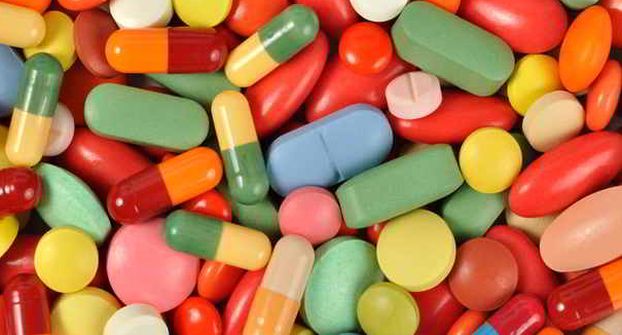 A recent study has revealed that young people are frequently self-medicating themselves with over-the-counter (OTC) and prescription drugs without a doctor’s advise. Experts say that this risky practice might lead to drug overuse and abuse, which could often be continued into adulthood. Syed Shehnaz, M.D. of Gulf Medical University in the United Arab Emirates said that there are many factors that have influenced self-medication in young people, since they are highly affected by their surrounding environment.
A recent study has revealed that young people are frequently self-medicating themselves with over-the-counter (OTC) and prescription drugs without a doctor’s advise. Experts say that this risky practice might lead to drug overuse and abuse, which could often be continued into adulthood. Syed Shehnaz, M.D. of Gulf Medical University in the United Arab Emirates said that there are many factors that have influenced self-medication in young people, since they are highly affected by their surrounding environment.
Being keen observers and having spent good amount of time with the family, kids often have a tendency to adopt the habits of their parents and family members, especially self-medication behavior, in fact parents are generally the first to be approached for any health complaint, he further added. Peer influence also plays an important role. Selling, trading, and giving away controlled medications and self-medicating without adult guidance reflect the impact of friends. The prevalence of self-medication in the studies ranged from 2 percent to 92 percent, with some of the highest use in Germany, the U.S., India, and Kuwait. Teens most often self-medicated with OTC analgesics (painkillers), vitamins and cold and cough medication and prescription antibiotics and opioids.
Studies in the review also found that teens lacked knowledge about proper use of medications, despite rating their own knowledge as satisfactory. A study of U.S. teens found 22 percent overmedicated with painkillers and 14 percent did not inform their parents about their use. The prevalence of self-medication was higher in females in most countries. Around 14 to 28 percent of teens gave away, loaned or sold their prescription medication, particularly pain killers, stimulants and sleep medication. The Partnership’s “Medicine Abuse Project,” which brings together public and private sector partners, promotes better understanding of the risks of medicine abuse and more vigilant safeguarding of home supplies of medication. The study is published in the journal of Adolescent Health.
Source: ANI
Image Source: Getty Images
You may also like to read:
- Are over the counter medicines for constipation safe to use?
- Congress party attacks Government over withdrawal of cap on drug pricing
- Government withdraws NPPA’s power to fix non-essential drugs’ prices
For more articles on diseases & conditions , visit our diseases & conditions section. Follow us on Facebook and Twitter for all the latest updates! For daily free health tips, sign up for our newsletter. And for health-related queries, visit our Questions and Answers section.






0 comments:
Post a Comment